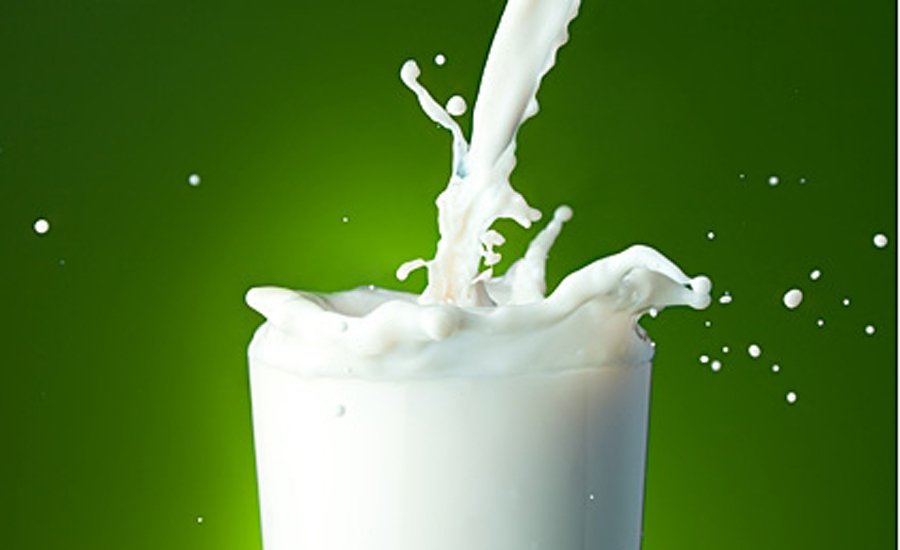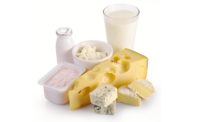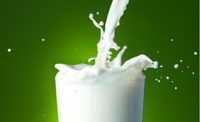Nine in 10 (90%) UK dairy farmers say they are aware that light damages nutrients and taste in milk, with 62% saying the whole dairy supply chain should take responsibility for the issue, according to research published by Noluma International LLC, Wilmington, Del.
Despite the widespread knowledge among dairy farmers, fewer than a third (29%) of consumers are aware that light damages milk even though scientific studies have shown that both natural and indoor lighting can impact the nutritional quality, taste and smell of dairy products. Independent testing by Cornell University, Ithaca, N.Y., showed that some nutrients, in particular protein and vitamin B2 (riboflavin), can decrease by 28% after just 20 minutes of light exposure.
Consumers also believe that retailers should take action, with over half (55%) saying that supermarkets should be proactively looking to package milk produce in “light protected” packaging. These findings signal the need for the whole dairy supply chain to be more transparent about the issue of light damage, and take measures on how to prevent the negative impact on nutrients and quality.
"Despite dairy farmers being aware that light causes damage to their milk, consumers just don't have the same level of knowledge. When they do however, they want to do something about it,” says Divya Chopra, chief executive officer of Noluma. “We want to encourage the entire dairy supply chain – from distributors to supermarkets – to take action on light protected packaging, ensuring that the milk UK dairy farmers are so proud to produce reaches consumers with the nutrients that they expect."
The research also finds that over three-quarters (77%) of dairy farmers are concerned that the quality of their produce may diminish before it reaches consumers because of current packaging standards. Most farmers surveyed (90%) say that they would like to be more involved in decisions around the packaging of their produce to ensure it is as effective as possible.
"Despite how little dairy produce is adequately protected from light, it's clear that there is a desire among UK dairy farmers to ensure that their milk is the best it possibly can be,” adds Chopra. “That's why we are introducing light-protection certification, so that everyone – from farmer to consumer – can be confident that they're getting the nutritious, tasty product they expect."
Surveys were conducted in March by Censuswide, UK, among 1,000 UK consumers and 150 UK dairy farmers.



